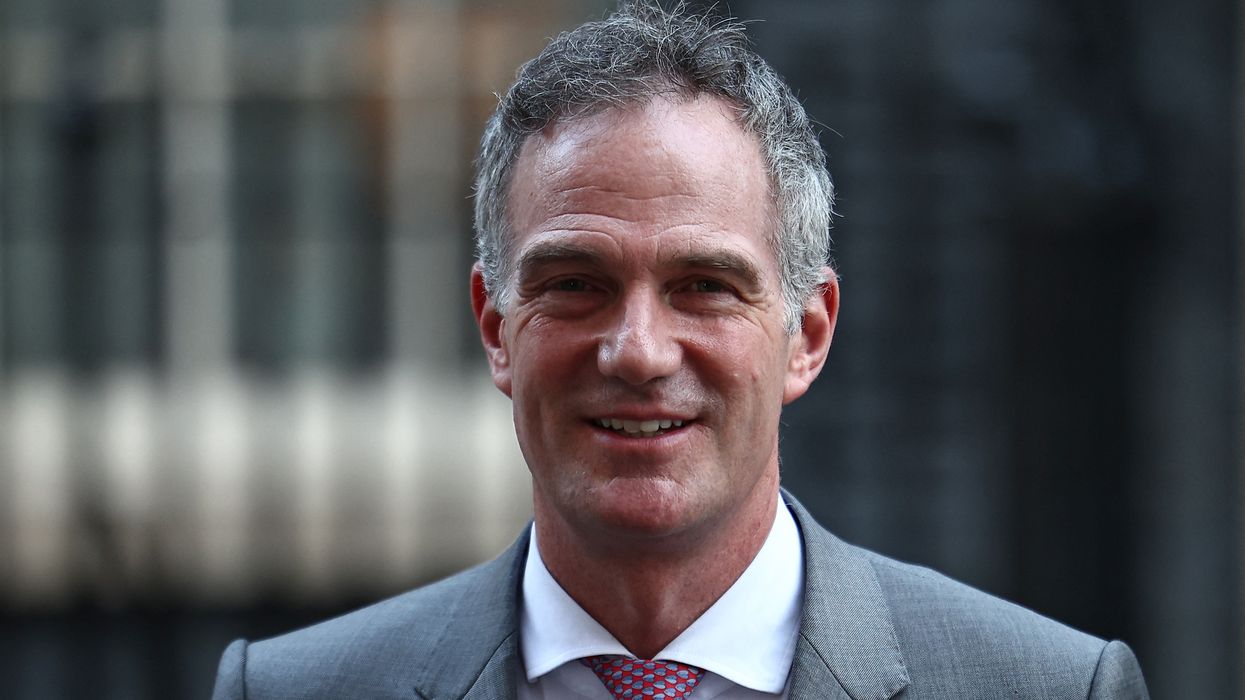In a groundbreaking development, Peter Kyle, the UK's technology secretary, has become the first politician to have his use of ChatGPT exposed through a Freedom of Information (FOI) request. Records obtained by New Scientist reveal how Kyle has used the AI-powered chatbot for policy advice, particularly concerning the slow adoption of artificial intelligence (AI) in the UK business community. This unprecedented disclosure raises questions about the transparency of politicians’ use of AI tools and whether chatbot interactions should be subject to FOI laws.
Kyle, who heads the Department for Science, Innovation and Technology (DSIT), is known for his advocacy of AI as a tool for improving government efficiency. Prime Minister Keir Starmer has publicly supported this stance, stating earlier this week that AI should be widely adopted within government operations to ensure more efficient use of time and resources. However, the FOI revelations shed new light on the extent of Kyle’s personal use of AI for advice in his official capacity.
The records that New Scientist obtained after DSIT initially rejected the request show that Kyle asked ChatGPT why UK small and medium businesses (SMBs) have been slow to adopt AI technologies. The chatbot responded with a comprehensive 10-point list of issues hindering adoption, which included a lack of awareness, regulatory concerns, and insufficient government support.
One of the key reasons ChatGPT identified was the difficulty SMBs face in navigating government initiatives intended to promote AI use. It noted, “Limited access to funding or incentives to de-risk AI investment can also deter adoption,” echoing concerns frequently raised by businesses about the complexity and financial risk associated with new technologies. The chatbot also pointed to regulatory and ethical challenges, particularly in relation to compliance with the General Data Protection Regulation (GDPR). SMBs, it said, may fear legal repercussions or ethical dilemmas when integrating AI into their operations.
A DSIT spokesperson confirmed that Kyle regularly uses ChatGPT as part of his ministerial work but clarified that it is not a substitute for the detailed policy advice provided by experts within the department. “The government is using AI as a labour-saving tool – supported by clear guidance on how to quickly and safely make use of the technology,” the spokesperson said.
In addition to seeking advice on AI adoption, the records show that Kyle used ChatGPT to canvass ideas for media appearances. He specifically asked the chatbot which podcasts would be most suitable for him to reach a wide audience as the Secretary of State for science, innovation, and technology. ChatGPT suggested The Infinite Monkey Cage and The Naked Scientists, citing their popularity and relevance to science communication.
The chatbot also served as a reference tool for Kyle, who asked it to define technical terms such as antimatter, quantum, and digital inclusion. Experts consulted by New Scientist were impressed by the quality of the chatbot’s responses. Peter Knight from Imperial College London praised the definition of quantum as “surprisingly good,” while Cristian Bonato from Heriot-Watt University in Edinburgh called it “not bad at all.”
Kyle’s reliance on ChatGPT came to light after he mentioned his use of the chatbot in an interview with PoliticsHome. In the interview, Kyle explained that ChatGPT helps him understand the broader context behind innovations and the people or organisations that developed them. “ChatGPT is fantastically good, and where there are things that you really struggle to understand in depth, ChatGPT can be a very good tutor for it,” he said.
However, the release of Kyle’s ChatGPT history raises significant questions about the use of AI by government officials. Tim Turner, a data protection expert based in Manchester, expressed surprise that the information was provided at all. He believes this may be the first time chatbot interactions have been released under FOI law and suggests it sets a precedent for how such requests might be handled in the future.
Turner warned that politicians should be cautious about using commercial AI tools like ChatGPT, given the potential for public disclosure. “It’s a real can of worms,” he said, adding that to protect themselves, politicians may prefer to use AI tools developed by their own departments, rather than relying on private, third-party systems.
There is still uncertainty about whether ChatGPT interactions should be treated the same way as other communications, such as emails or WhatsApp messages, which have historically been subject to FOI requests. Jon Baines, a data protection expert at law firm Mishcon de Reya, believes that in principle, chatbot records could be subject to FOI laws, as long as they can be extracted from a department’s systems. However, others argue that ChatGPT creates new information based on input, making it fundamentally different from a Google search, for example.
With the boundaries between private and official use of AI still unclear, the case of Peter Kyle’s ChatGPT history may prompt governments worldwide to reconsider how they regulate and manage the use of such tools by public officials.





